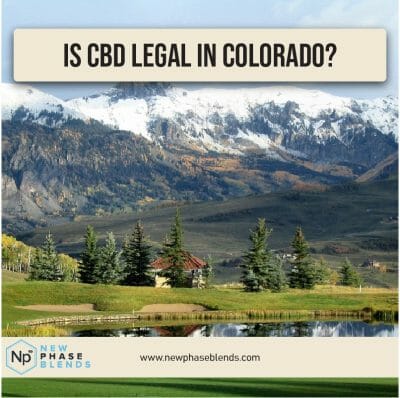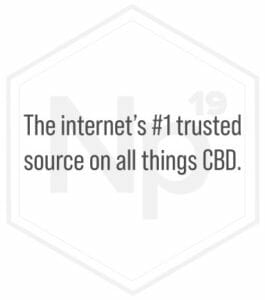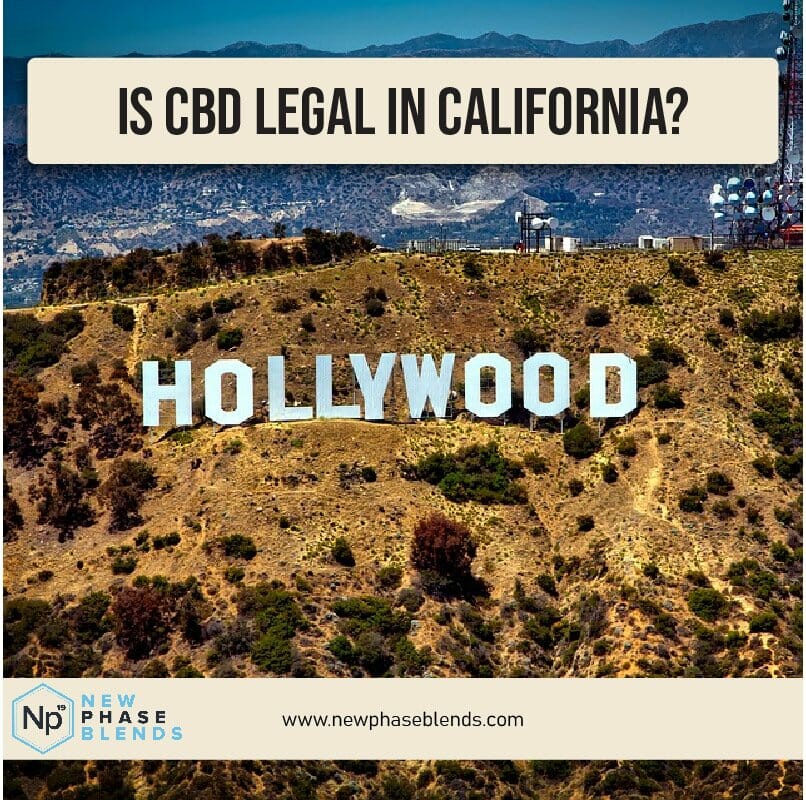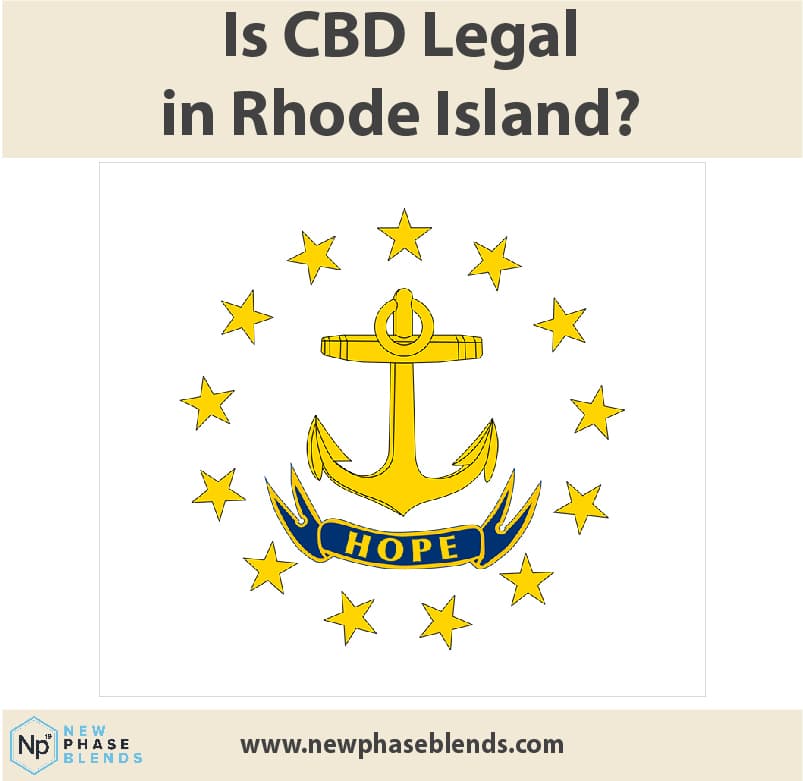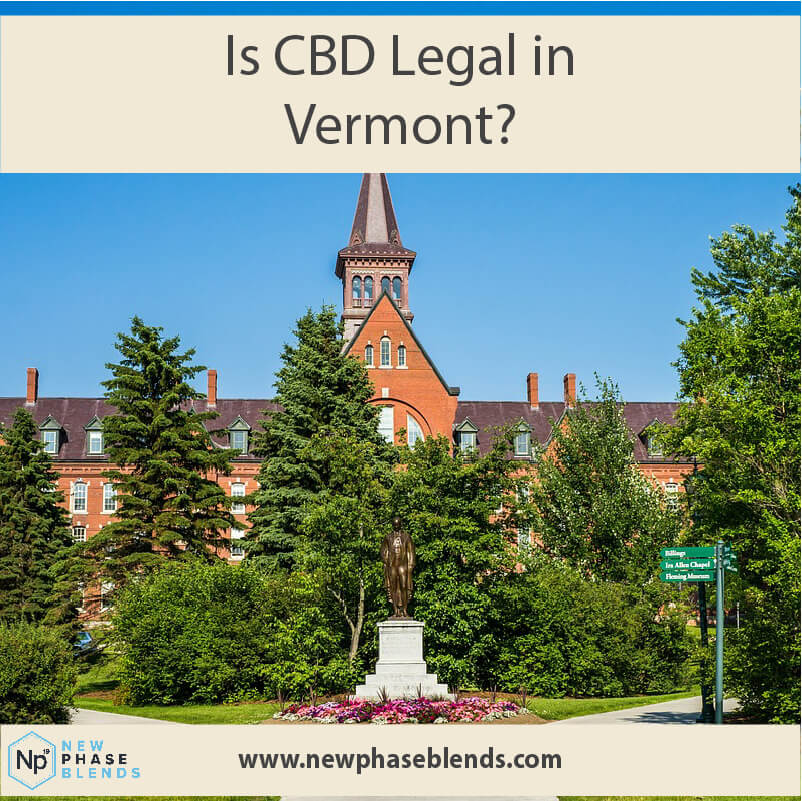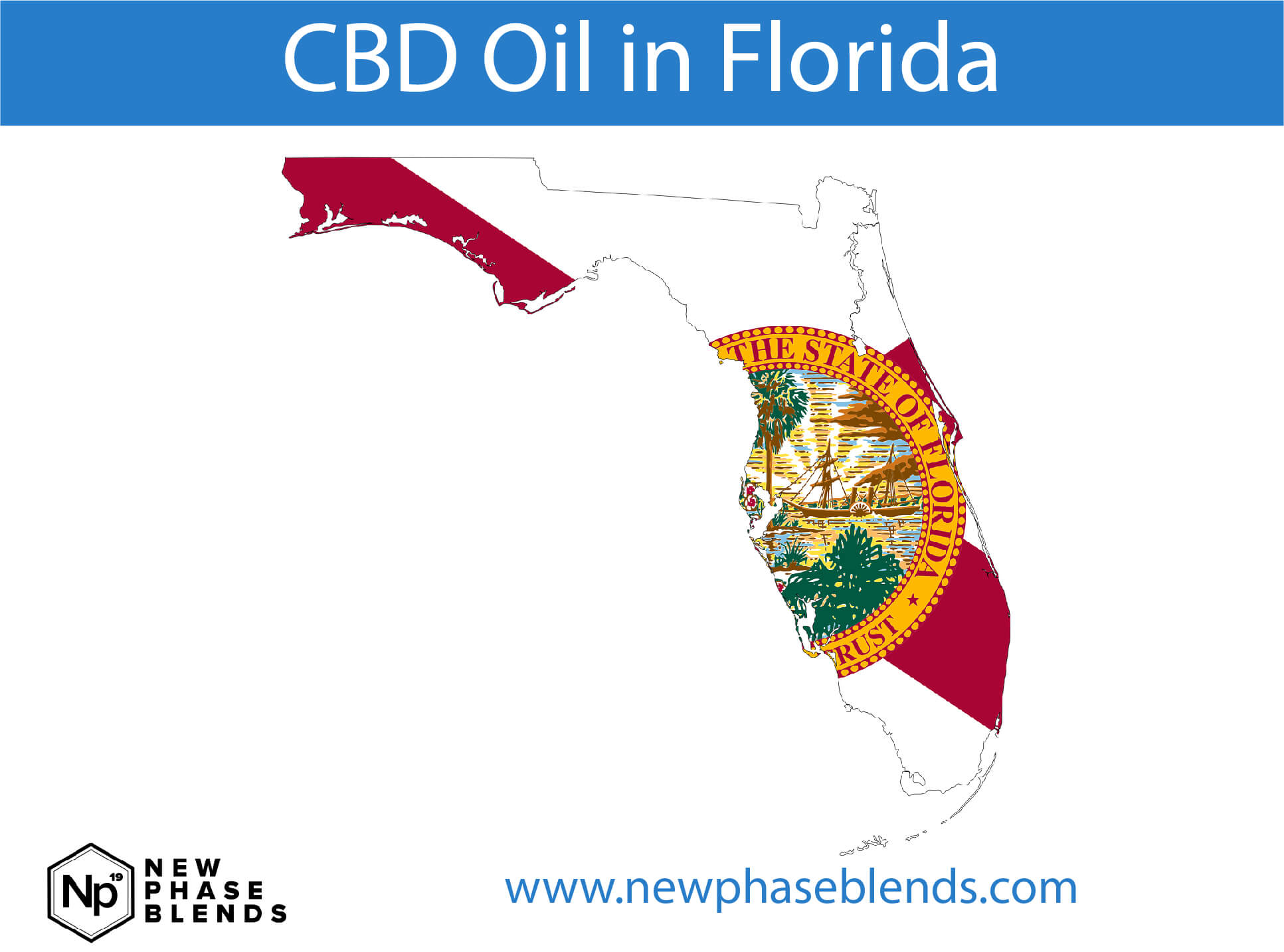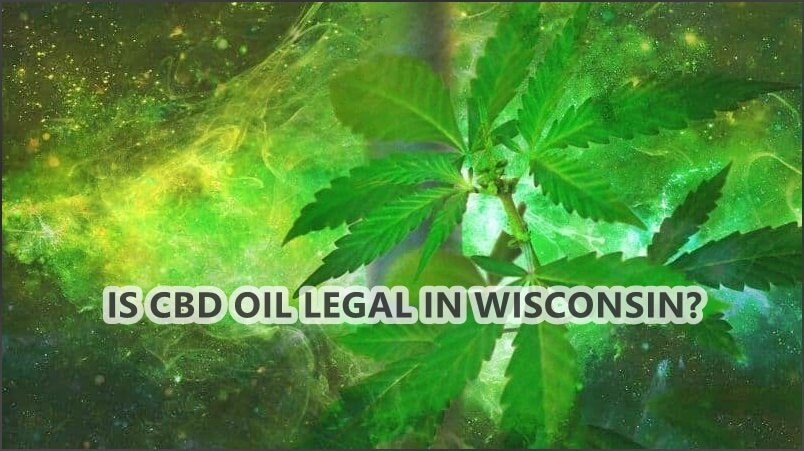Is CBD legal in Colorado? Are CBD oil items legal in CO? Not only is CBD legal, but marijuana is recreationally legal in Colorado, too. This is one of the most progressive states (next to California) when it comes to the legalization of cannabis derived goods.
TL;DR – In Colorado, CBD derived from both hemp and marijuana is legal. They follow their own state laws when it comes to cannabis. Colorado is an extremely cannabis friendly state. CBD oil is legal in Colorado.
Let’s go over some more about Colorado CBD laws, and licensing requirements within CO state.
What is CBD?
CBD, also known as cannabidiol, is a non-psychoactive compound derived from cannabis. CBD shares the outer space of the cannabis plant with THC.
Studies continue to show CBD may have a plethora of beneficial properties, with the most popular of these being: anti-inflammatory, anti-oxidative, pain relief, anti-seizure, and anxiety relief properties. In these medical field studies, CBD has proved its worth in a growing amount of trials.
It is important to understand exactly what CBD is when looking into the laws within Colorado.
CBD is a Cannabis Derivative
Cannabidiol, or CBD, is a cannabis derivative. That doesn’t mean that it is the same as marijuana, though. It simply comes from a cannabis plant.
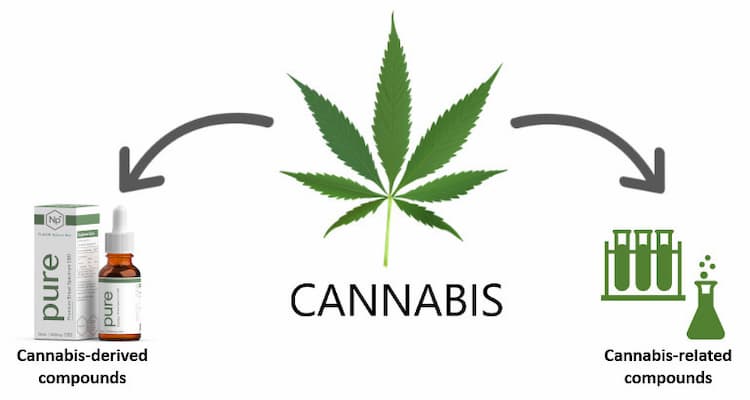
This is an important distinction to keep in mind. Both the industrial hemp plant and marijuana both fall under the cannabis plant species.
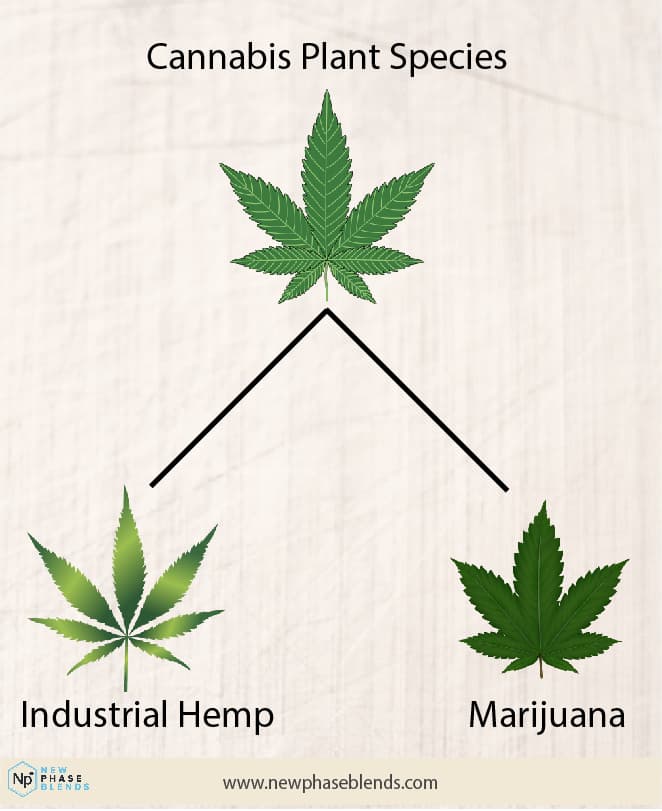
CBD is also a non-psychoactive cousin of THC, which means CBD cannot, and will not, get you high. As long as your CBD is hemp-based, or comes from the hemp plant, it will not contain an amount of THC over 0.3%.
Federal regulations on CBD currently require all CBD products to come from hemp in order to remain federally legal. A THC amount of 0.3% isn’t enough to get anyone high.
In fact, this amount is so low that one could drink an entire container of CBD oil (not recommended), and still not get high.
Supplementing with CBD oil is a great way to treat patients in a more natural way than other medications that have harsh side-effects. CBD oil research over the last few years is significant. Investments done in research and development are numerous.
The FDA is still figuring out their approval process for CBD, so until this is complete, CBD oil will not be able to achieve the status of a dietary supplement.
Why is CBD Illegal in Some Places?
This is a tricky subject. Let’s begin by addressing the fact that while CBD is federally legal, each state has its own laws. While most states have followed the Farm Bill of 2018 footsteps, and do not regulate finished CBD products.
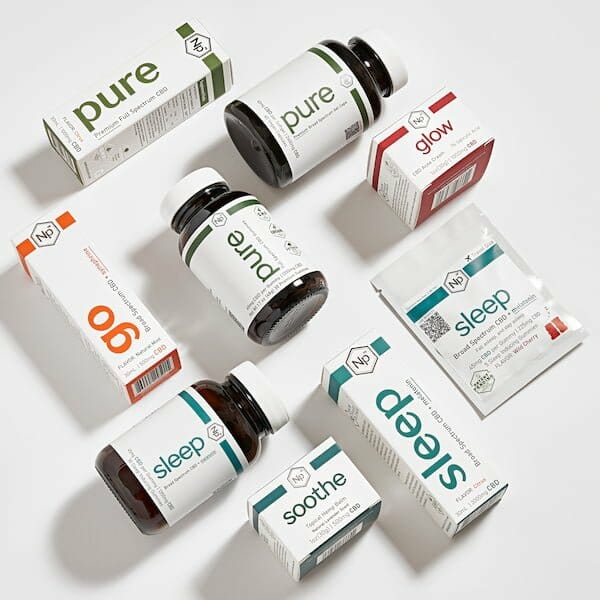
In Colorado, none of the Farm Bill really applies since THC use is legal. Typically, states where CBD oil is legal, people need to make sure it is derived from hemp so the THC content is less than 0.3%.
Since marijuana is recreationally legal in Colorado, it doesn’t really matter where your CBD comes from.
Just keep in mind that CBD products will be intoxicating if they come from marijuana. If they come from hemp, they won’t be.
Not everyone enjoys the feeling of being high.
How Did the Farm Bill Help Industrial Hemp?
The 2018 Farm Bill brought a revolution for hemp and industrial hemp products. The cultivation of hemp became federally legal for recreational purposes when this was passed.
This bill specifically removed hemp, which is now legally defined as cannabis containing less than 0.3% THC by weight, from the schedule I list of controlled substances. As of the writing of this article, cannabis as a whole is now set to be voted on for removal from this same list.
The United States FDA and CBD Oil
The Food and Drug Administration has the authority of regulating CBD oil product labeling, monitoring therapeutic claims for CBD oil, and the usage of CBD for recreational and dietary purposes. The FDA, currently, does not allow the advertisement of hemp-derived CBD oil as a dietary supplement, or as an additive to food and beverages.
The FDA must authorize any health claims that CBD oil products make. No medications to date have received this designation, except for the pharmaceutical drug Epidiolex.
While the Food and Drug Administration maintained this stance for years, it has softened these regulations and is considering appropriate legislation around labeling CBD oil as a dietary supplement.
In addition, the Farm Bill has given the authority to states to allow or disallow the cultivation and business of CBD.
Let’s move on to CBD oil in Colorado, and talk about the legal status.
Is CBD Legal in CO?
Yes, CBD products are legal in Colorado. Marijuana products are also legal. For this reason, you don’t need to make sure that the CBD products are derived from hemp – UNLESS you don’t want to get high.
Remember, hemp products contain less than 0.3% to fall in line with federal guidelines. Marijuana products can have over 25%, or more THC content.
That said, if you don’t want to get high, then be sure to use only hemp derived CBD.
You’ll be good to go.
Licensing Requirements for CBD in CO
Licenses for CBD products containing less than 0.3% THC are not needed, according to CO state law. You should also check out their policies on using hemp in food items.
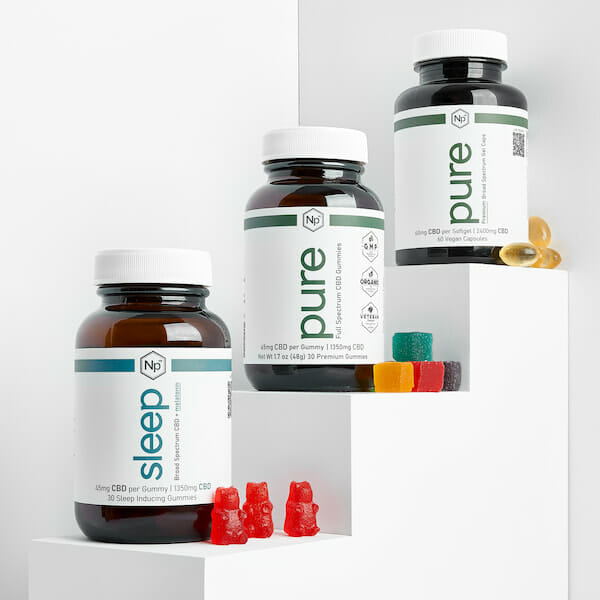
Colorado does have an industrial hemp program. Here is an excerpt from their program (CRS 35-61-109):
“Industrial hemp means the plant species Cannabis sativa L. and any part of the plant, whether growing or not, containing a delta-9 tetrahydrocannabinol (THC) concentration of no more than three-tenths of one percent (0.3%) on a dry weight basis. Under State and Federal law, the CDA tests for total THC through the process of post-decarboxylation.
The Colorado Department of Agriculture’s Industrial Hemp Program regulates only the cultivation of industrial hemp. The Department also administers a certified seed program. The Industrial Hemp Program does not have jurisdiction over the processing, sale or distribution of industrial hemp.”
They are a very hemp-friendly state.
Colorado CBD Possession Limits
You are allowed to possess CBD items within Colorado. They will most likely be marketed as hemp oil, though.
Buy CBD in Colorado
To be honest, CBD oil products (also known as hemp oil) are all over the place in Colorado. Consumers buy CBD oil and hemp derived CBD products from a variety of online stores, or brick and mortar retailers.
I want to caution you, though, to be extra careful when buying CBD oil online. New Phase Blends is a veteran owned and operated CBD company. We offer nothing but premium CBD oil that comes with a 30 day money back guarantee.
At least give us consideration before you purchase CBD products – I know you’ll be happy with your purchase.

In the summer of 2020, the FDA conducted a study on CBD products from different brands. It reported that roughly 25% of CBD products are either fake, under-dosed, or mislabeled. CBD is expensive.
I would hate to see a bogus CBD oil company rip you off. For more information on what to look for when purchasing a CBD product, check out this post by clicking here.
Is CBD Legal in CO? | Final Thoughts
Yes, CBD oil is completely legal in Colorado. They basically just follow the federal guidelines covered in the Farm Bill.
There are no weird grey areas or other strange laws that revolve around hemp, or hemp derived products.
If you are curious about federal guidelines for CBD products, take a look below:
- Hemp-derived CBD oil is legal
- It must contain less than 0.3% THC (a broad spectrum CBD oil will contain almost no THC, while full spectrums can contain up to 0.3% – FYI)
- I recommend that the CBD labels include a QR code that scans to a third-party lab result
- Marijuana-derived CBD is not legal
That about wraps up covering the legalities of CBD oil within Colorado.
Is CBD Oil Legal in the United States? A comprehensive, state by state legal guide by NPB.



